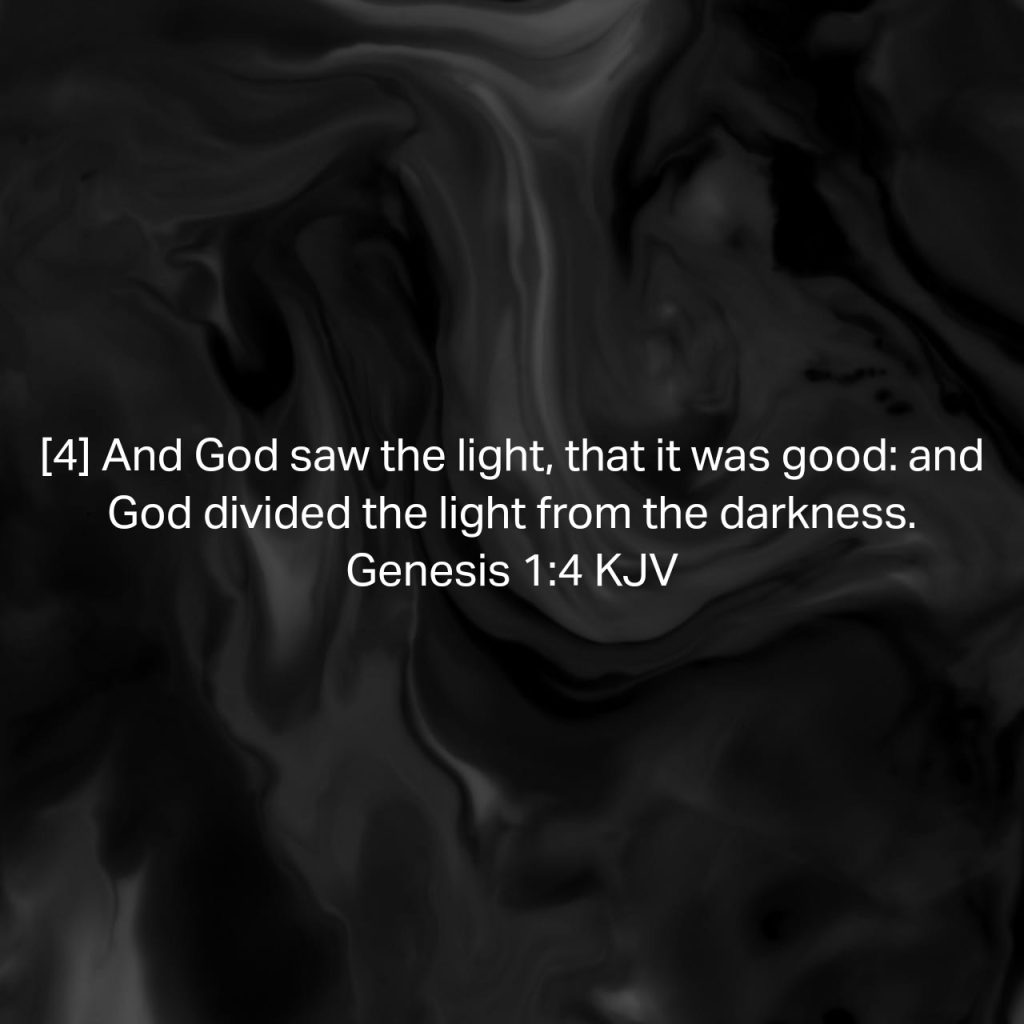“In the beginning was the Word, and the Word was with God, and the Word was God.” Read more here. Introduction John 1:1 opens the Gospel of John, introducing the profound theological concept of “the Word” (Logos) as both with God and being God from the very beginning. Interpretation This verse identifies the Word (Logos) as eternal, divine, and intimately associated with God. It underscores the belief in the divinity of Jesus Christ, who is later identified as the Word made flesh (John 1:14). Modern Day Application Across Various Fields 1. Theology Encourages deep theological reflection on the nature of Jesus as both divine and pre-existent, foundational for Christian doctrine.… Read More
Continue Reading

